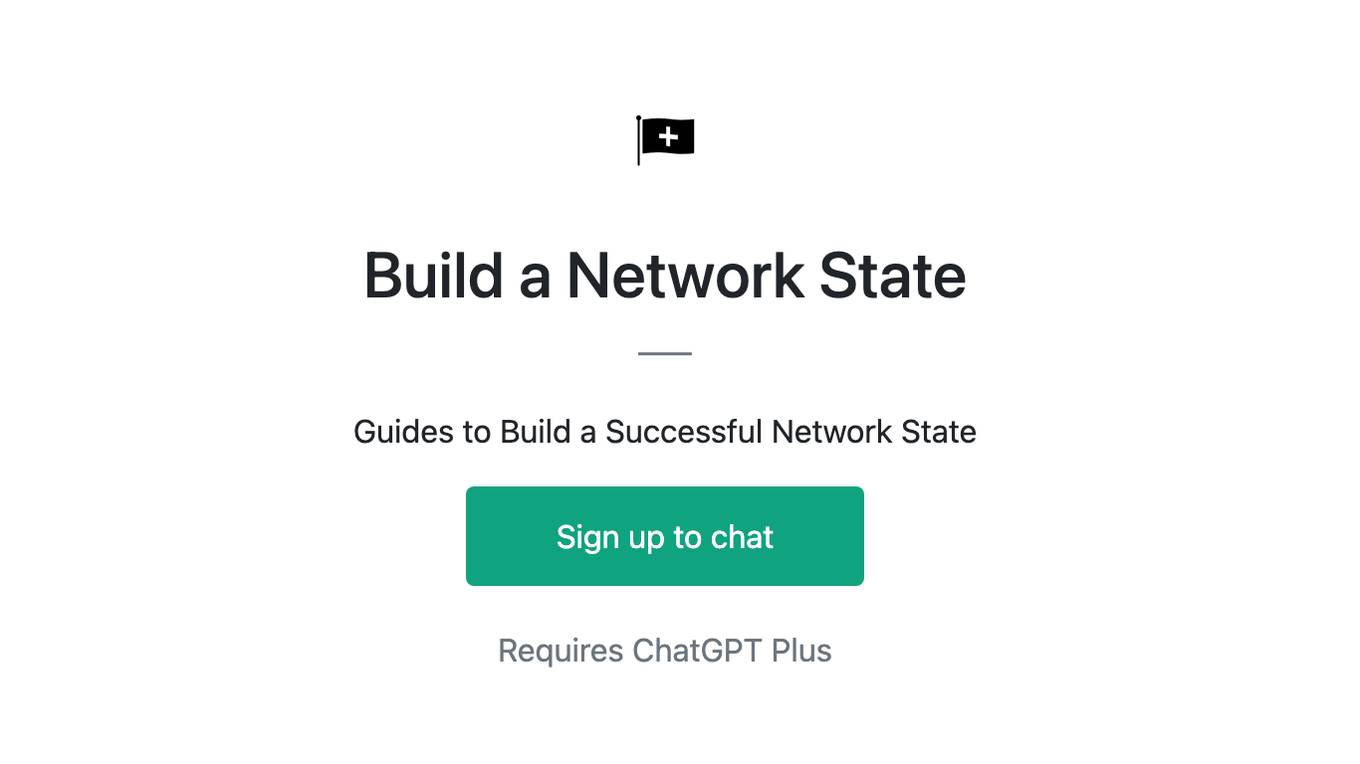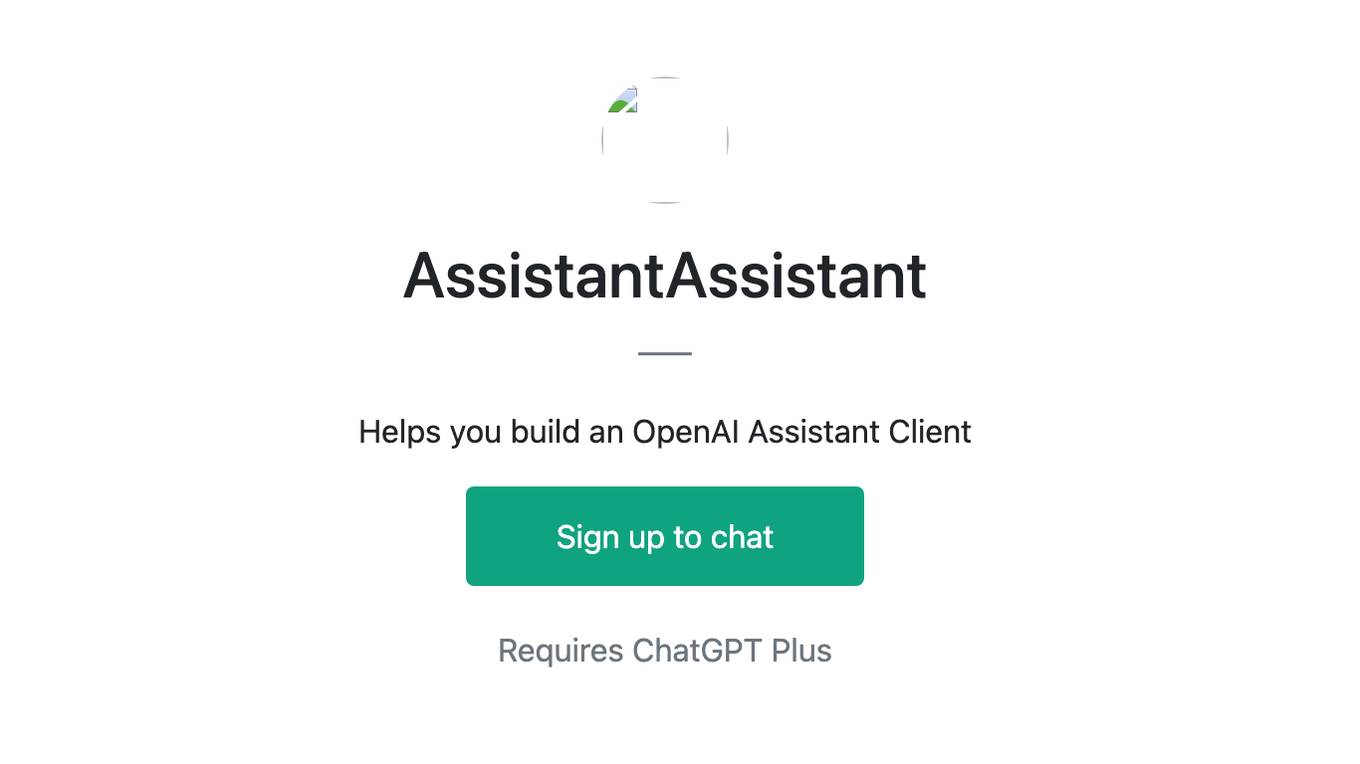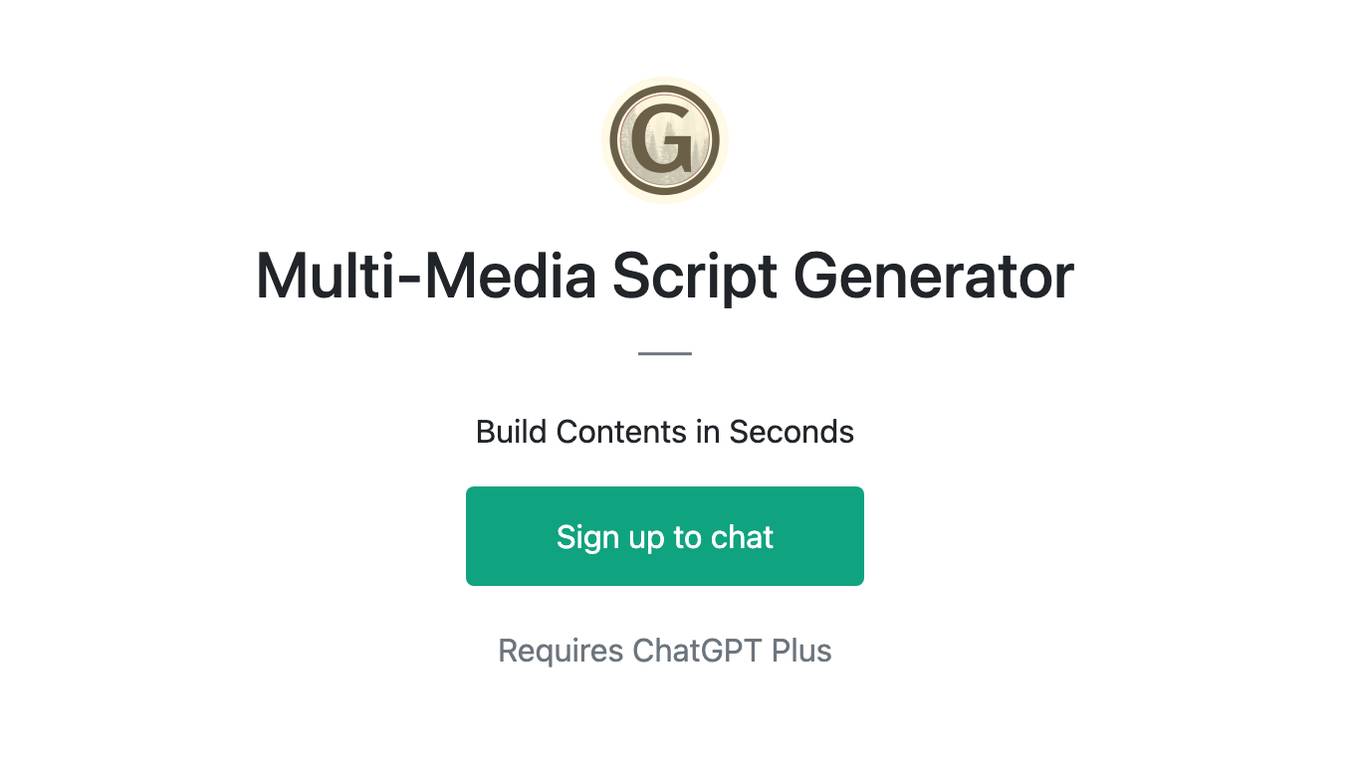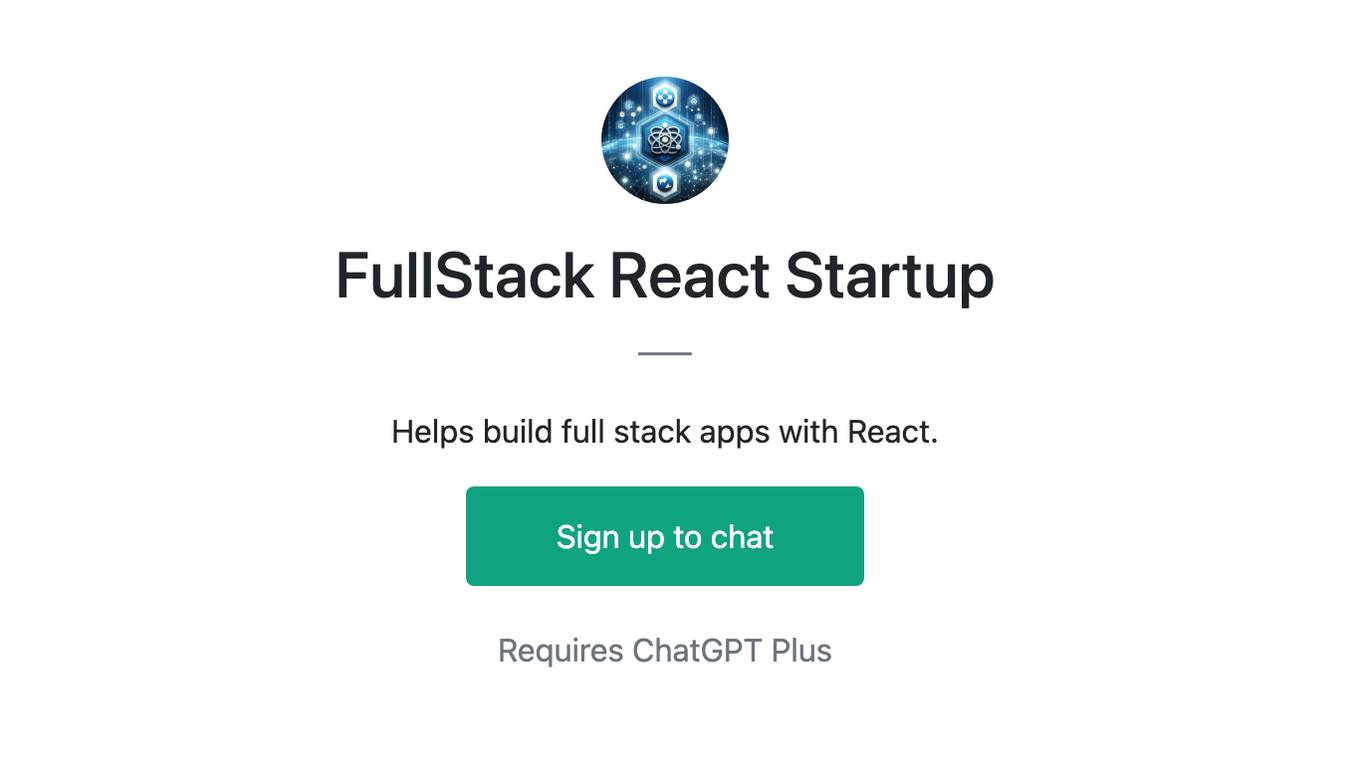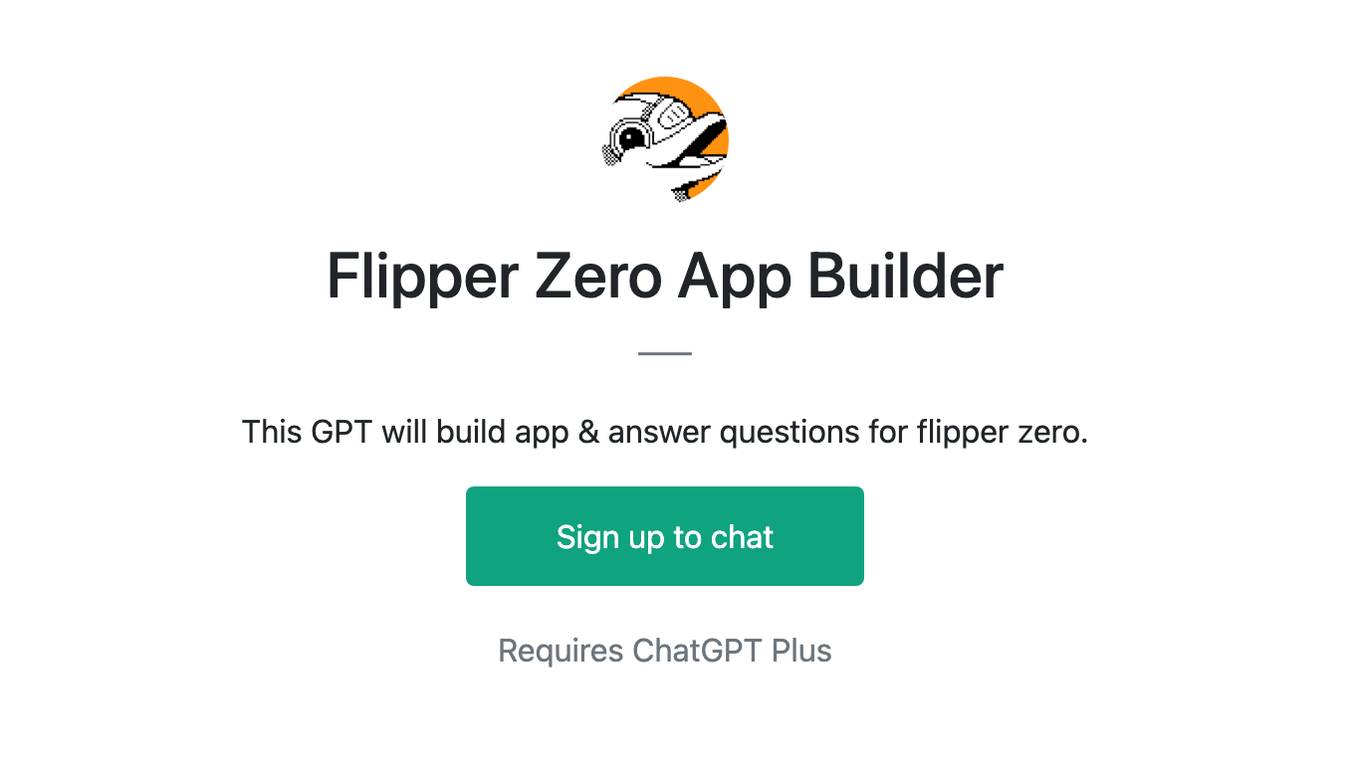Best AI tools for< Build Logic >
20 - AI tool Sites
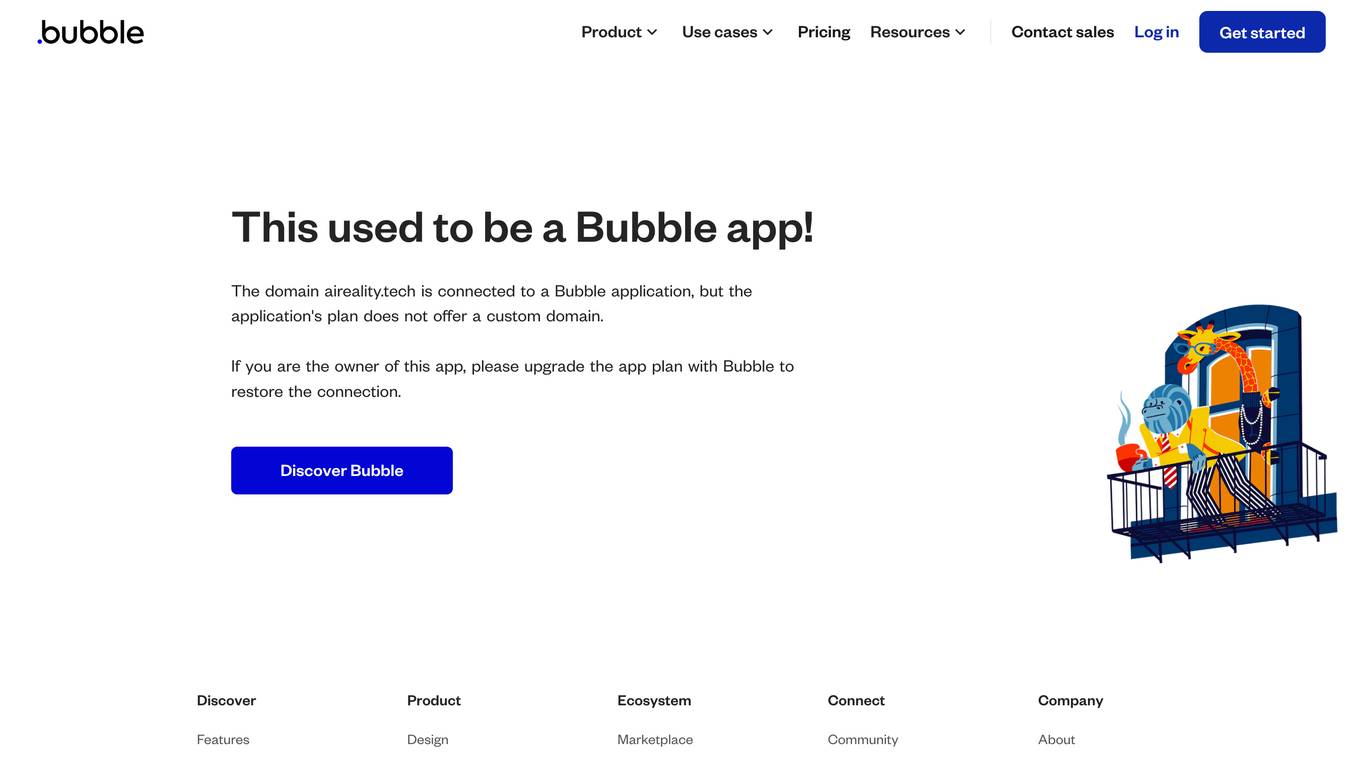
Bubble
Bubble is a visual programming platform that allows users to build web applications without the need for traditional coding. It offers a range of features such as data management, logic creation, collaboration tools, and security measures. Bubble empowers users to create custom web applications through a drag-and-drop interface, making it accessible to individuals without extensive programming knowledge. The platform also provides resources like tutorials, templates, and plugins to support users in their app development journey.
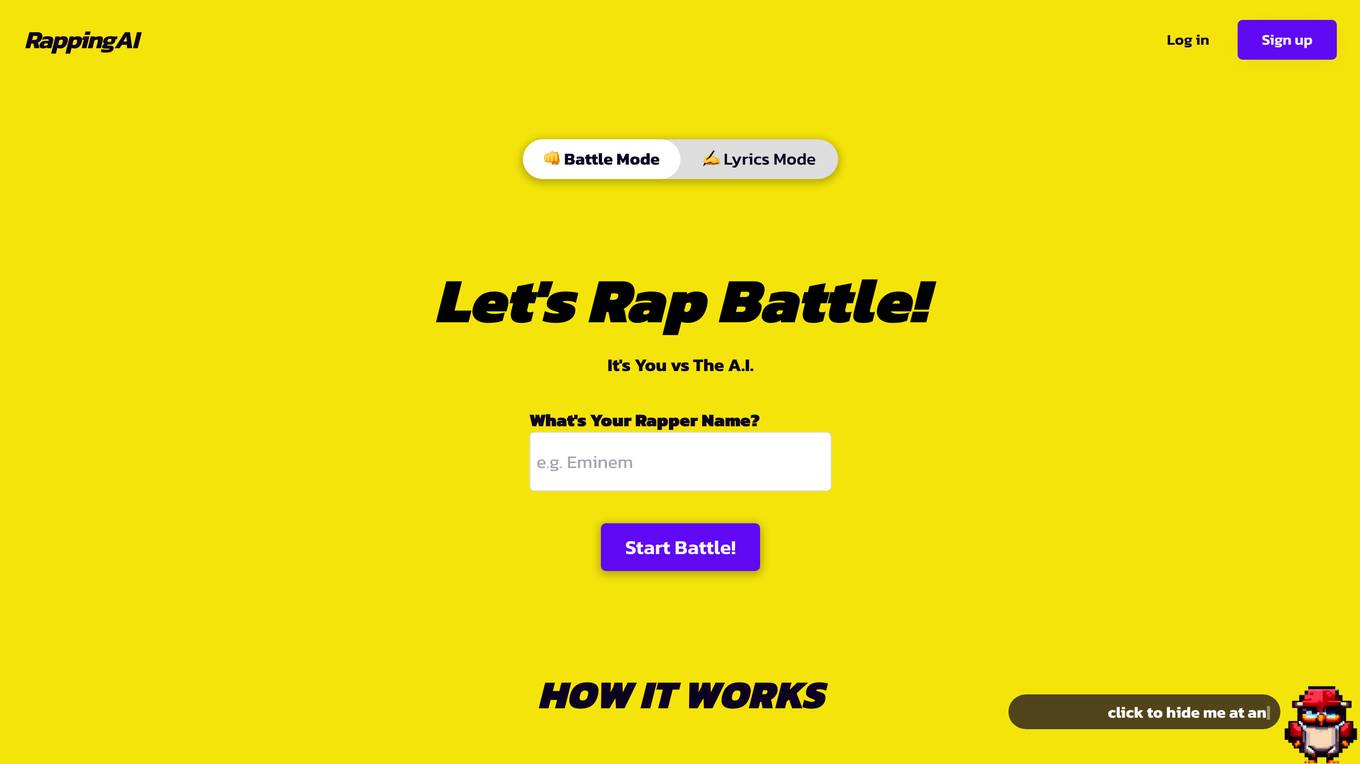
Bubble
Bubble is a visual programming platform that allows users to create web applications without needing to write code. It offers a range of features such as product design, data management, logic creation, collaboration tools, and security measures. Bubble is popular among founders, developers, agencies, and enterprises for its ease of use and flexibility in building custom applications. Users can connect to AI services, access templates and plugins, and join a supportive community for guidance and resources. The platform also provides educational resources, technical guides, and a marketplace for additional tools and services.
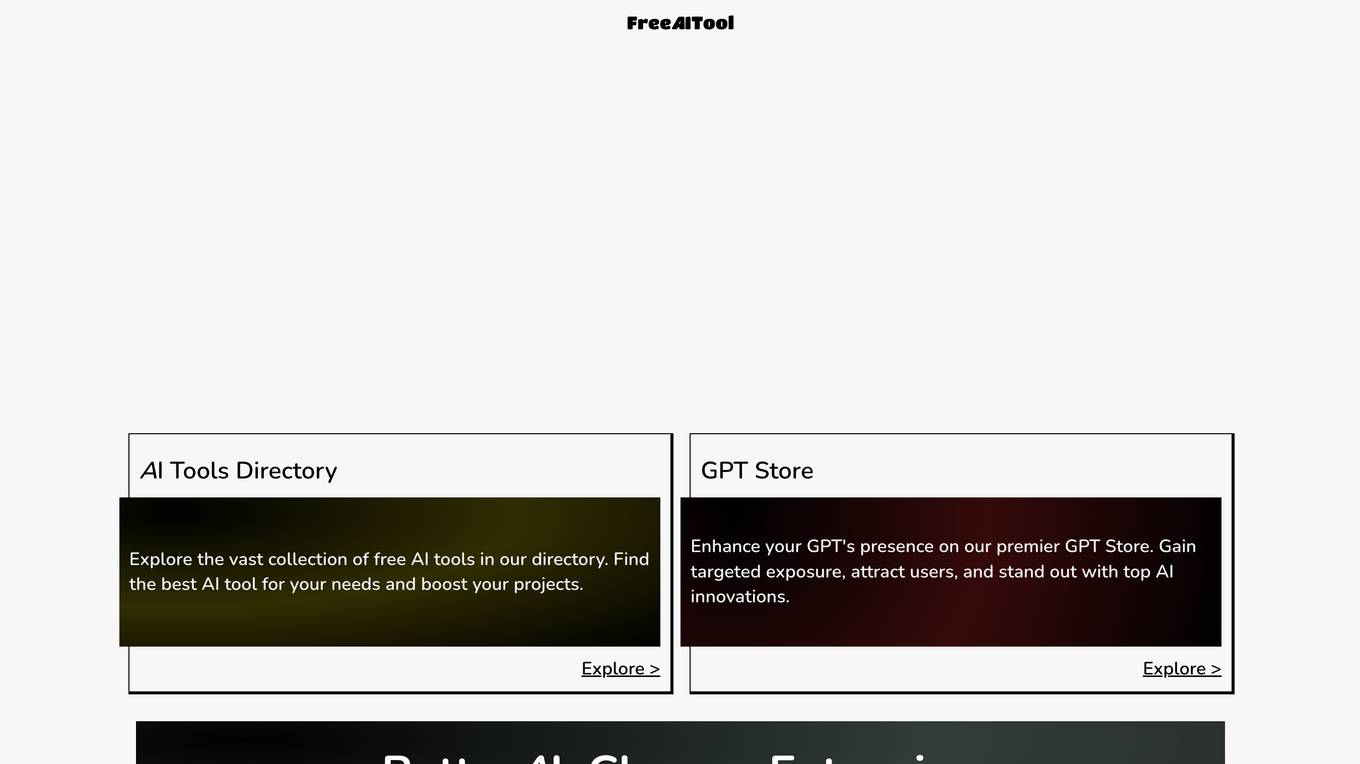
Bubble
Bubble is a visual programming platform that allows users to create web applications without needing to write code. It offers a wide range of features such as data management, logic creation, collaboration tools, integrations, and security measures. Users can build complex applications using Bubble's intuitive drag-and-drop interface. The platform also provides resources like an academy, ideaboard, and product design tools to support users in their app development journey.
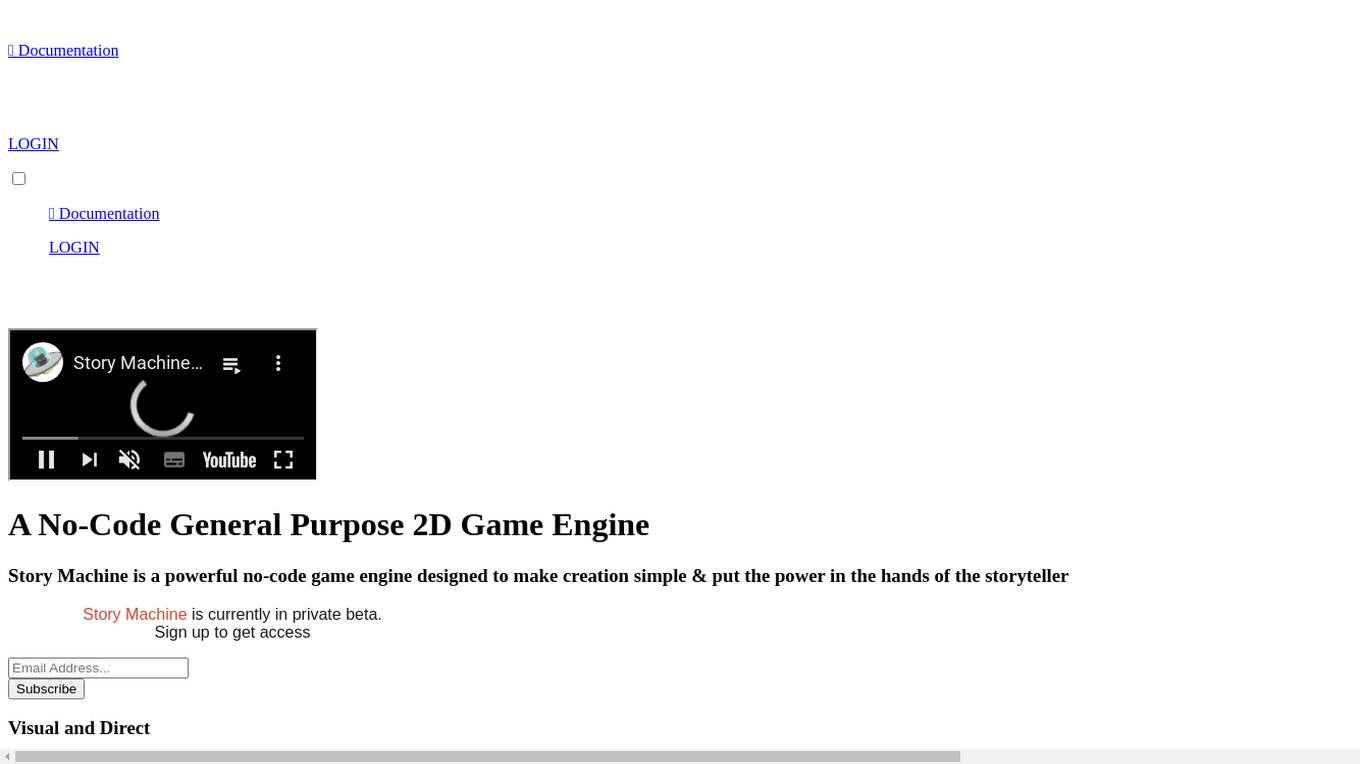
Story Machine
Story Machine is a powerful no-code game engine designed to make creation simple & put the power in the hands of the storyteller. Story Machine is currently in private beta. Assemble your game with the ease of drag and drop, no programming required. Story Machine enables top-tier 2D adventure game development through a direct, visual grammar. Arrange sequences of actions to build game logic without code. Story Machine is designed to make game development straightforward, without the complexity and baggage of other modern game engines. Generate AI art for prototyping or production directly in Story Machine. Use context-aware UI to quickly create backgrounds, objects, or characters. Or just write a prompt. Story Machine finds the best AI model and service to satisfy your request, and uses it to generate your image.
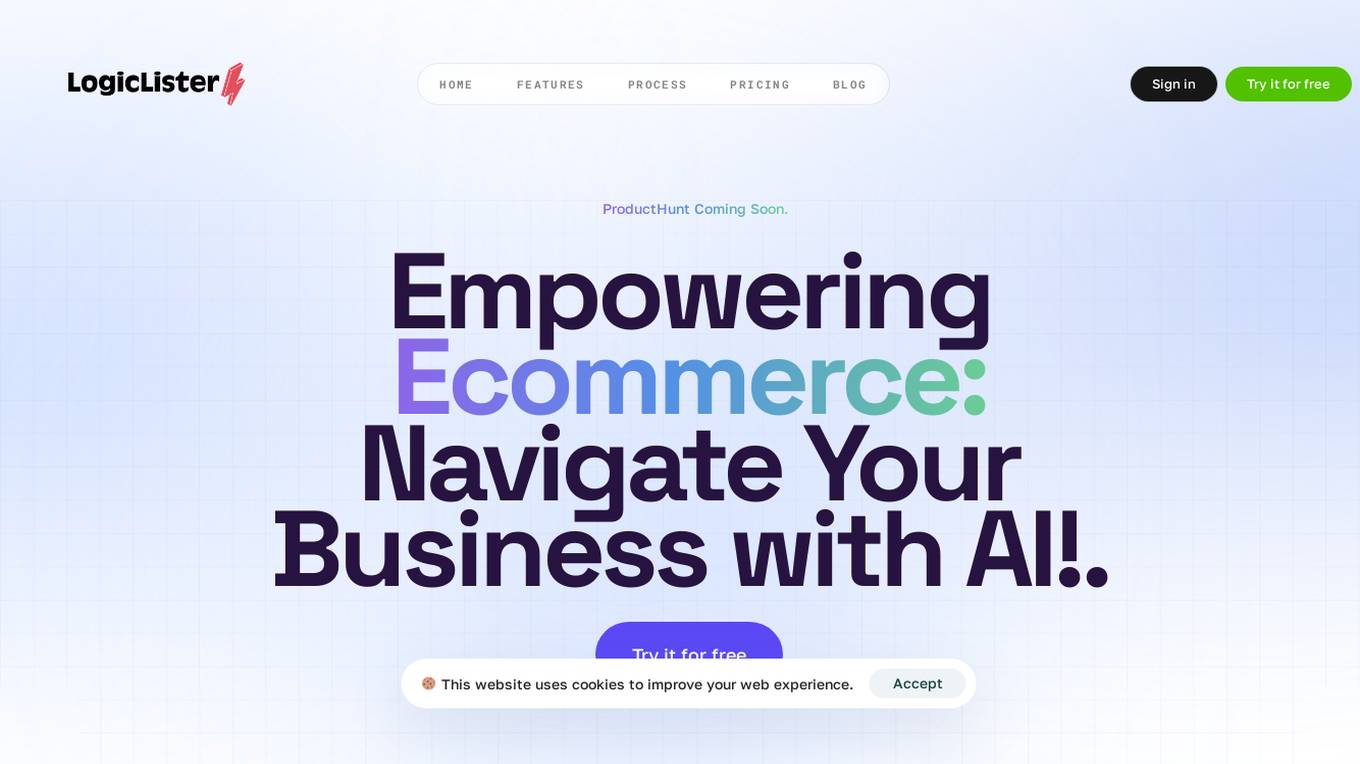
Logiclister AI
Logiclister AI is a powerful tool that can help you create high-quality content for your business. With over 50 AI tools to choose from, you can easily create product descriptions, blog posts, social media posts, and more. Logiclister AI is powered by OpenAI, so you can be sure that you're getting the best possible results. Whether you're a small business owner, a freelancer, or a student, Logiclister AI can help you save time and create better content.
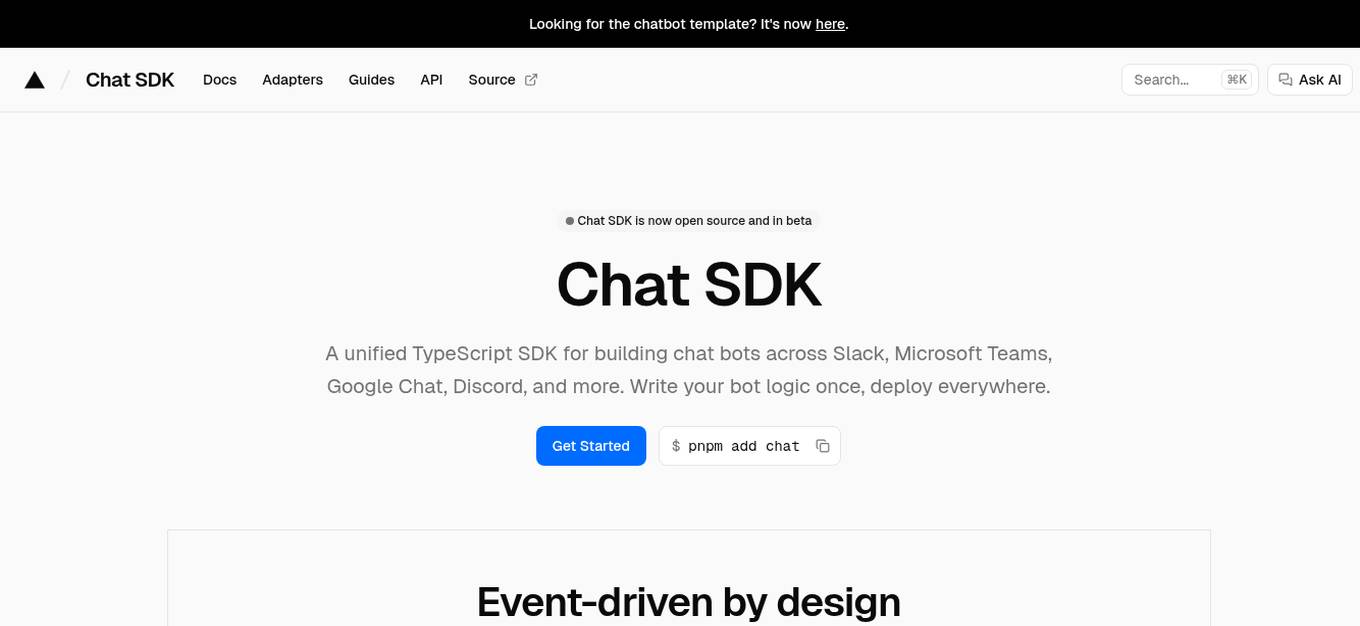
Chat SDK
Chat SDK is a unified TypeScript SDK for building chat bots across various platforms such as Slack, Microsoft Teams, Google Chat, Discord, and more. It allows users to write bot logic once and deploy it everywhere. The SDK provides features like actions, cards, direct messages, emoji support, file uploads, modals, slash commands, streaming, error handling, and platform adapters. With full TypeScript support and AI streaming capabilities, Chat SDK simplifies the development of chatbots for different communication channels.
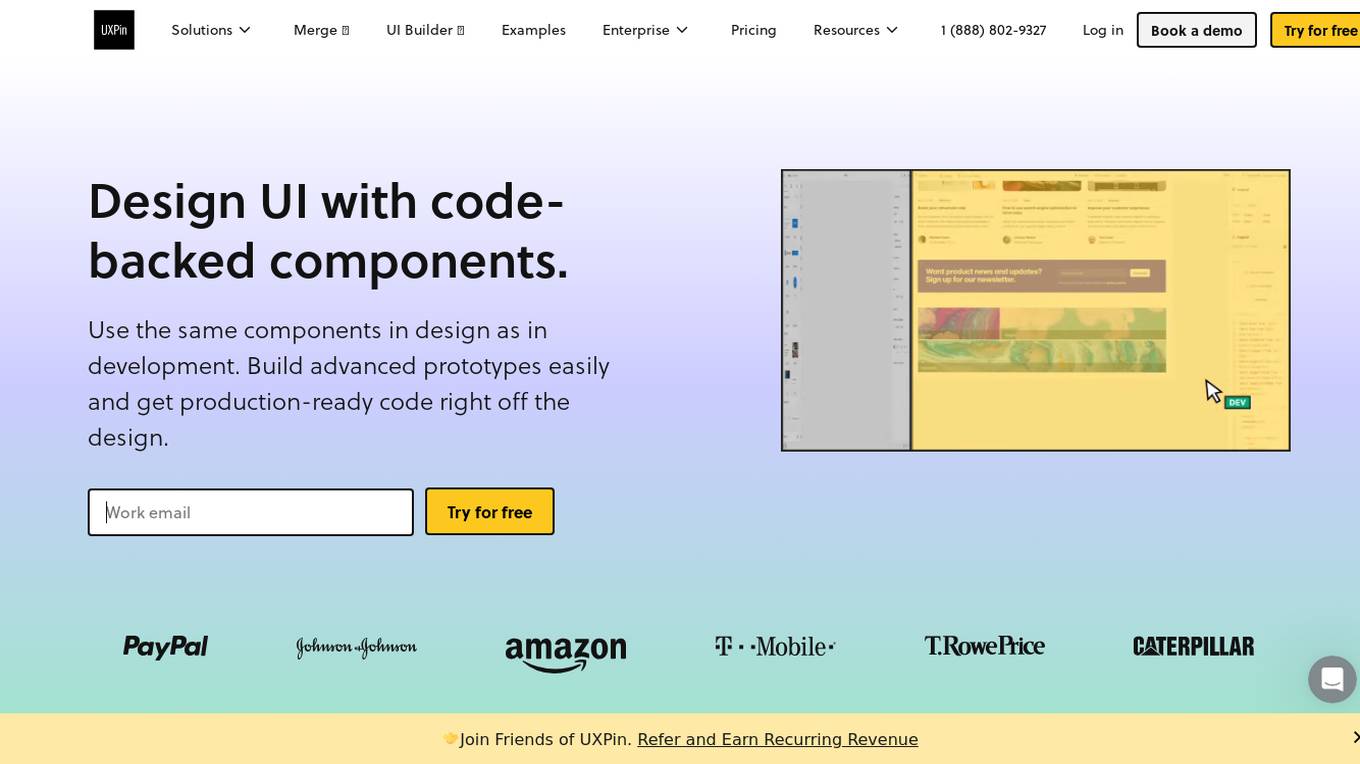
UXPin
UXPin is an AI-powered UX/UI and prototyping tool designed for designers and developers to streamline the design process. It allows users to design UI, create prototypes, manage design systems, and merge code seamlessly. With advanced features like AI-powered design, code-backed components, and integration with popular libraries, UXPin enhances collaboration between designers and developers, resulting in faster product development cycles and improved design consistency.
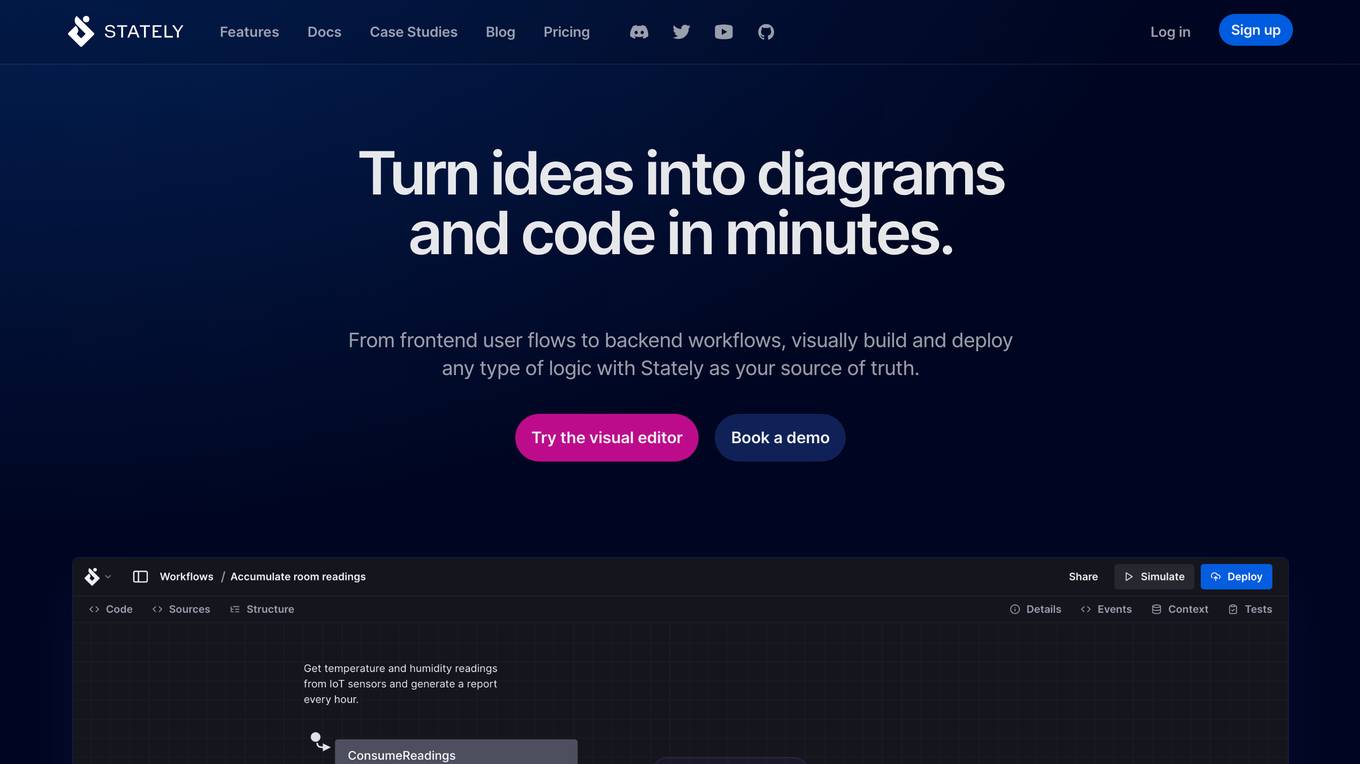
Stately
Stately is a visual logic builder that enables users to create complex logic diagrams and code in minutes. It provides a drag-and-drop editor that brings together contributors of all backgrounds, allowing them to collaborate on code, diagrams, documentation, and test generation in one place. Stately also integrates with AI to assist in each phase of the development process, from scaffolding behavior and suggesting variants to turning up edge cases and even writing code. Additionally, Stately offers bidirectional updates between code and visualization, allowing users to use the tools that make them most productive. It also provides integrations with popular frameworks such as React, Vue, and Svelte, and supports event-driven programming, state machines, statecharts, and the actor model for handling even the most complex logic in predictable, robust, and visual ways.
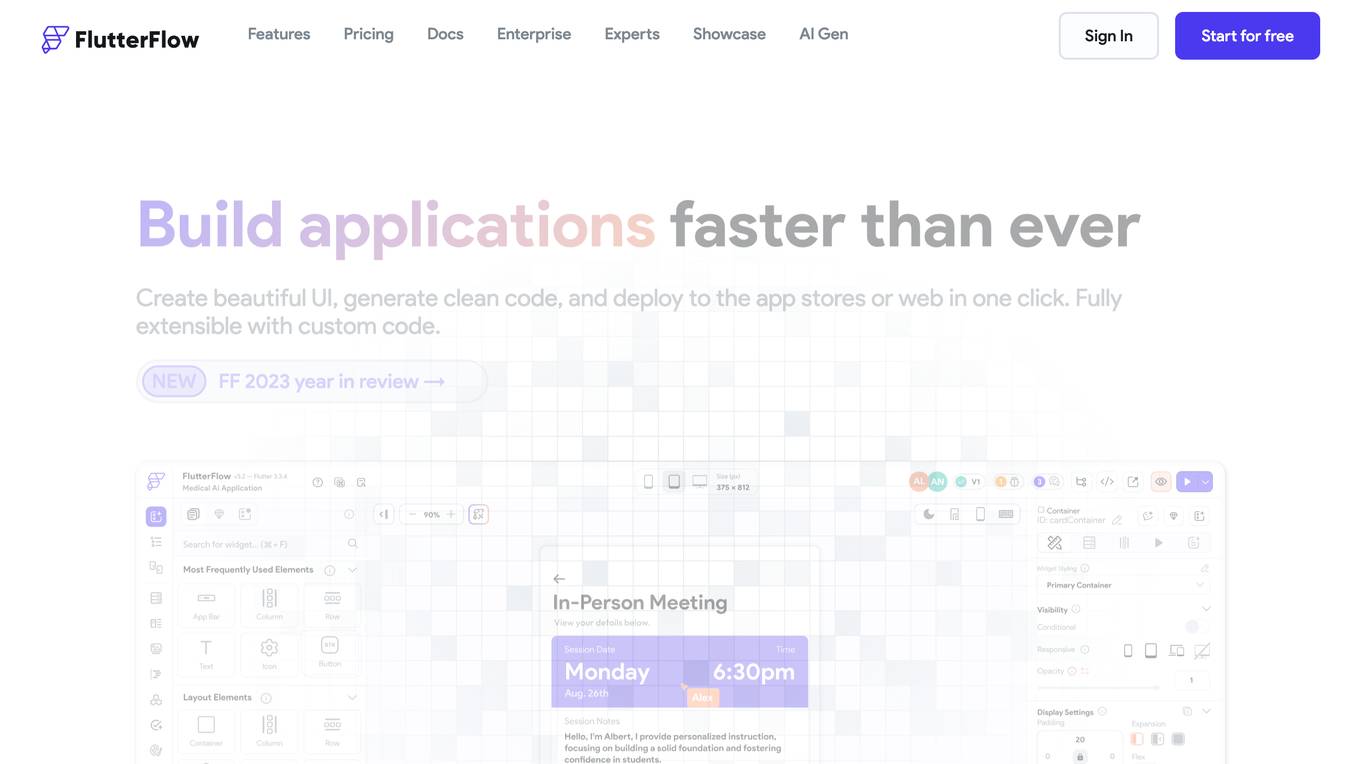
FlutterFlow
FlutterFlow is a low-code development platform that enables users to build cross-platform mobile and web applications without writing code. It provides a visual interface for designing user interfaces, connecting data, and implementing complex logic. FlutterFlow is trusted by users at leading companies around the world and has been used to build a wide range of applications, from simple prototypes to complex enterprise solutions.
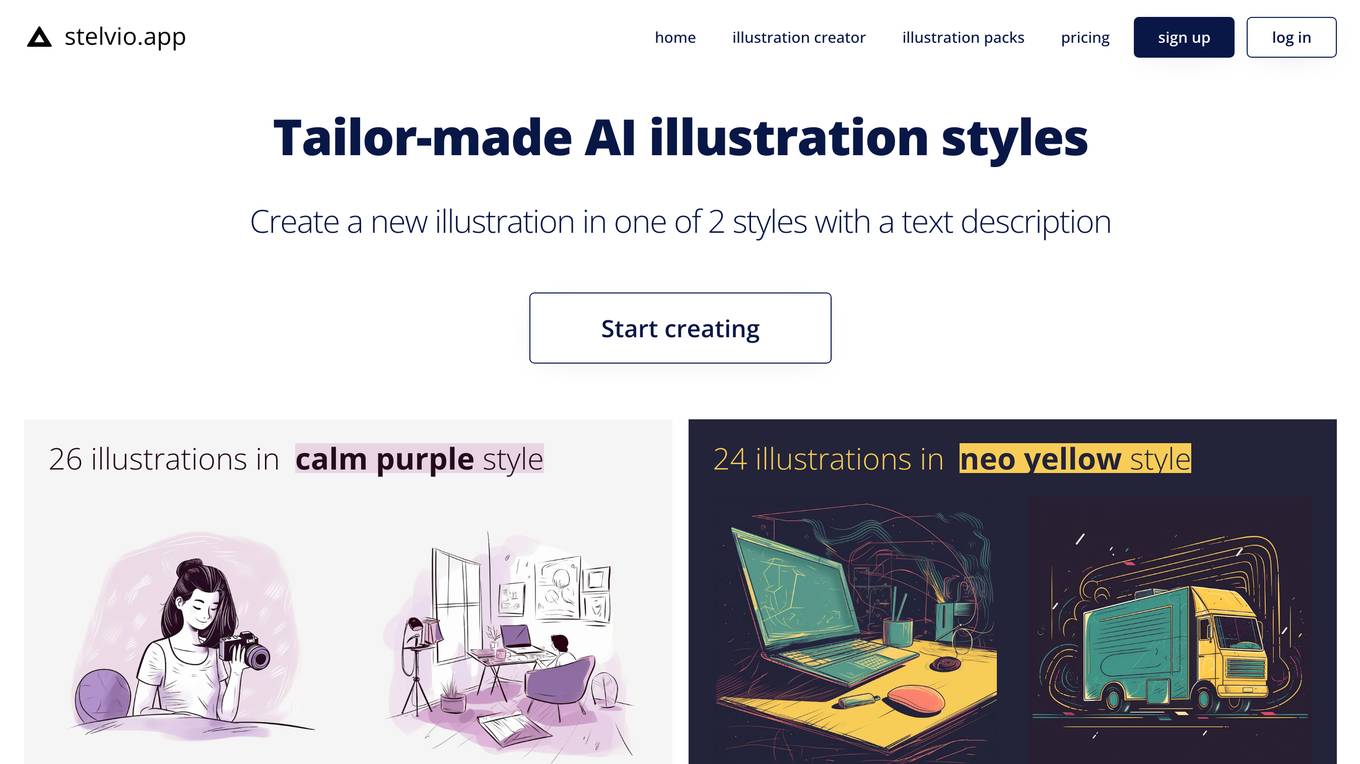
Bubble
Bubble is a visual programming platform that allows users to build web applications without needing to write code. It offers a range of features for designing, developing, and deploying applications, including data management, logic creation, collaboration tools, and security features. Bubble provides a user-friendly interface for creating custom applications tailored to specific needs, making it an ideal solution for individuals and businesses looking to create web applications quickly and efficiently.

Simulai
Simulai is an open-source conversational form builder that allows users to create interactive surveys and forms that feel like natural conversations. It is inspired by the simplicity of Notion and is completely free to use. With Simulai, users can easily add logic, choose from a list of templates, and host their forms on their own servers or use Simulai's free cloud hosting services.
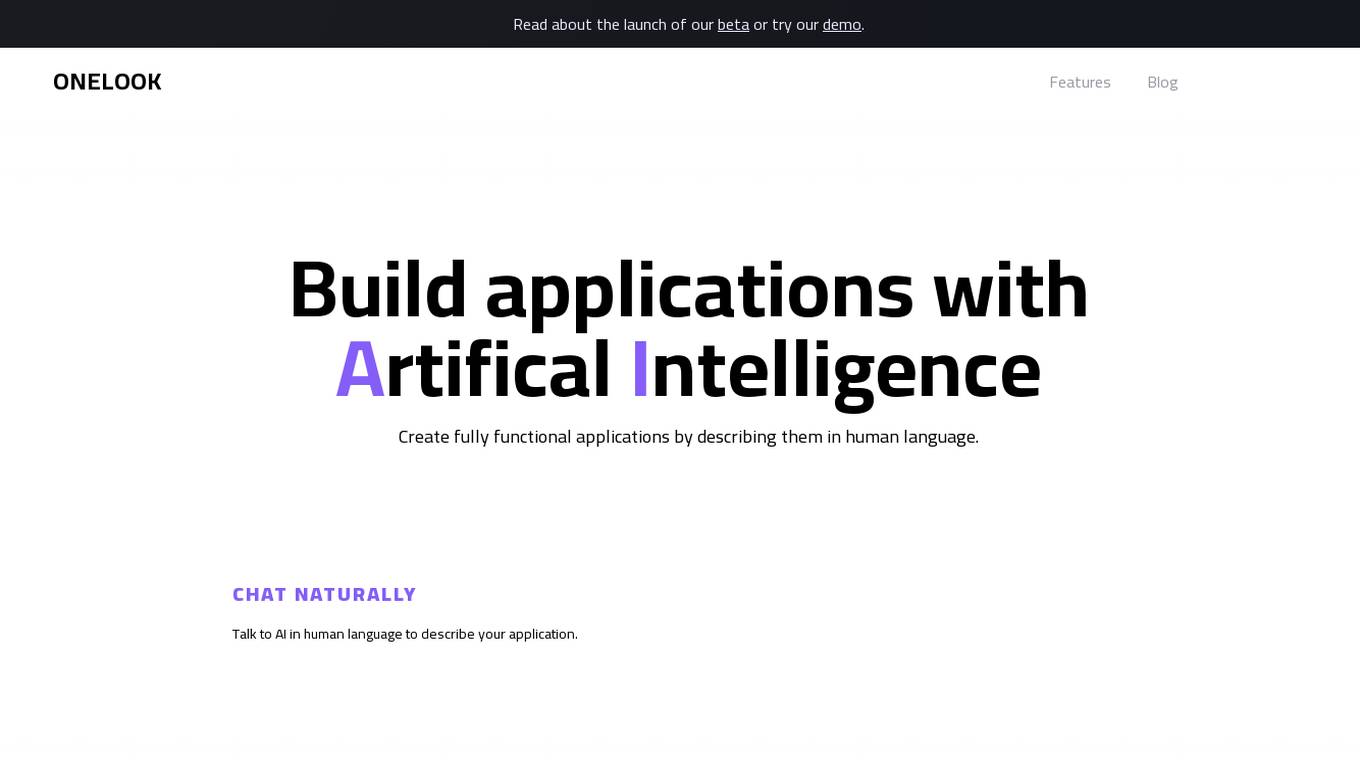
Onelook
Onelook is a revolutionary platform that empowers users to create fully functional applications using natural language. By eliminating the complexities of traditional development tools, Onelook makes app building accessible to everyone. With its intuitive AI-powered interface, users can simply describe their application in human language, and Onelook will automatically generate the necessary code. This groundbreaking approach streamlines the development process, enabling users to focus on their core business logic rather than getting bogged down in technical details.
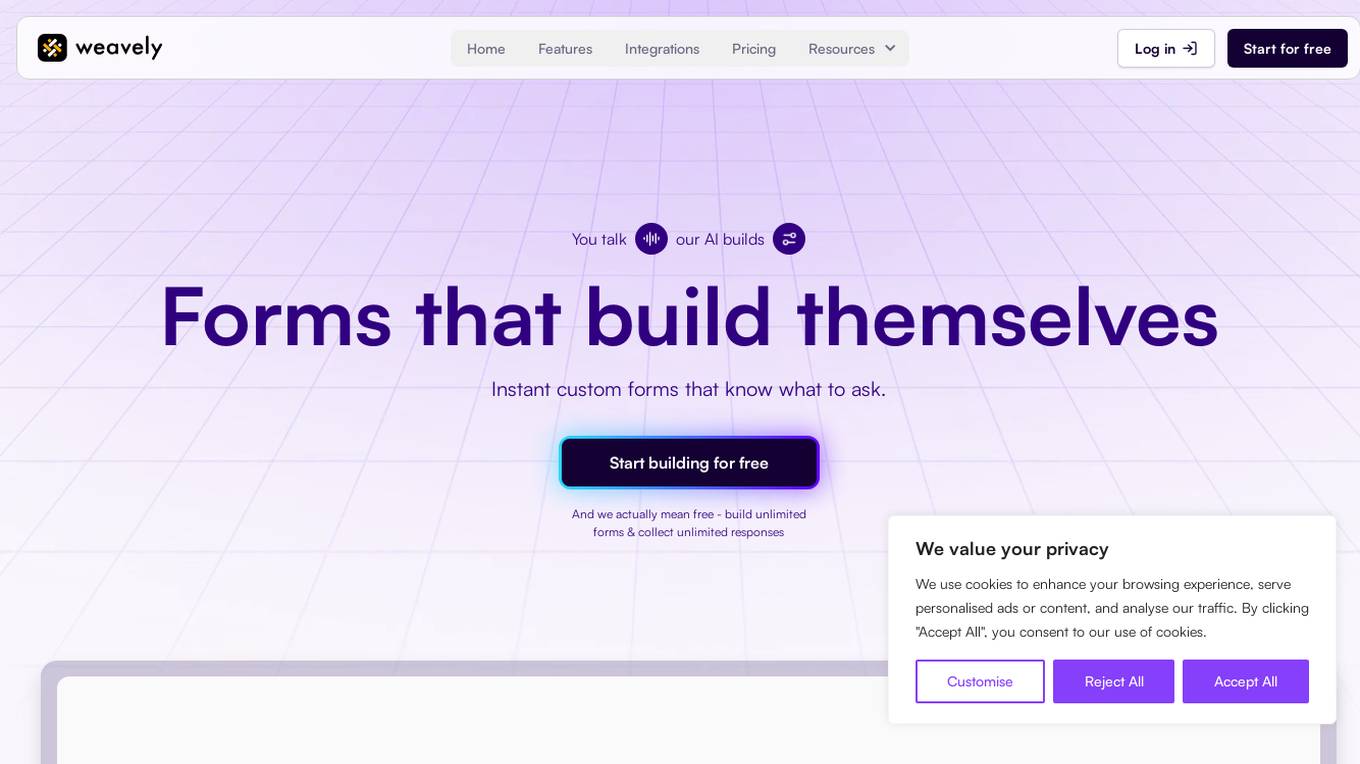
Weavely
Weavely is an AI form builder that offers instant smart forms for various purposes such as contact forms, surveys, event registrations, feedback forms, and lead generation forms. It provides a free and smarter alternative to Google Forms and Typeform, allowing users to create custom forms effortlessly using AI technology. Weavely's AI-powered platform simplifies the form-building process by automatically generating form fields based on user prompts, voice inputs, PDF uploads, and document extractions. The tool also offers effortless styling and branding, multistep flows, conditional logic, answer piping, and a wide range of form elements to enhance user experience. Weavely is designed to help businesses gather structured feedback, capture high-quality leads, validate ideas, and improve customer experience through data-driven campaigns.
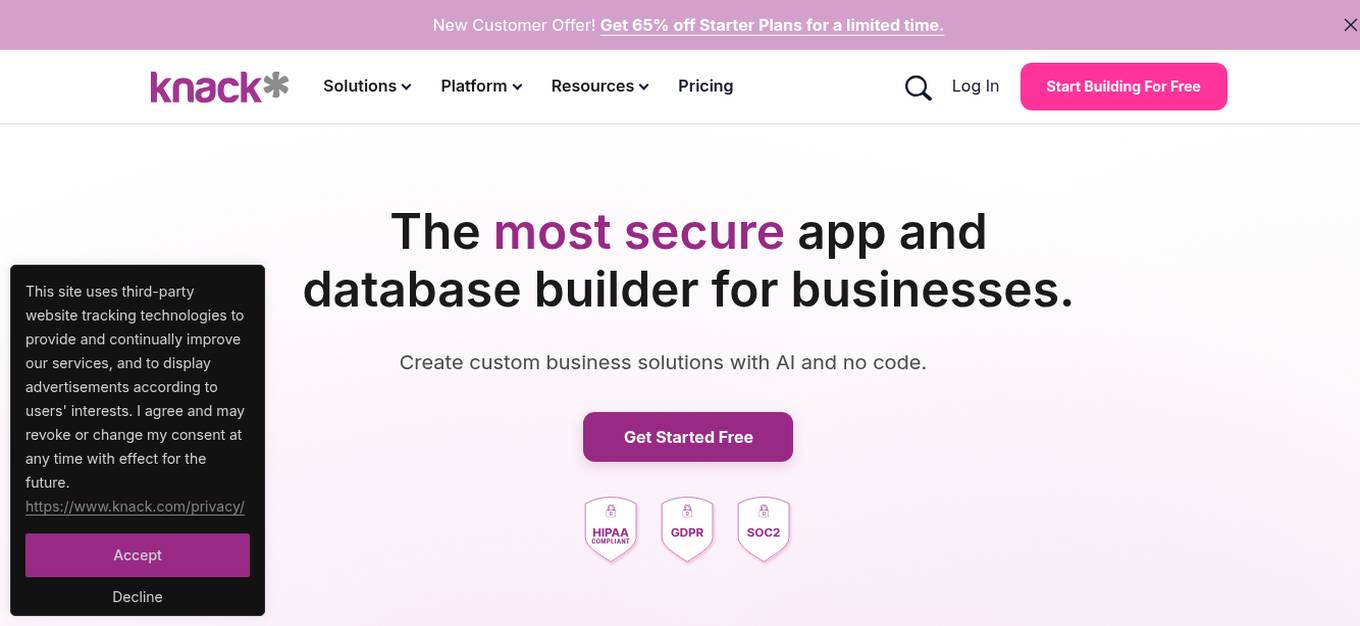
Knack
Knack is a no-code application development platform that enables users to build custom business solutions with AI and without the need for coding. It offers enterprise-grade components, HIPAA/GDPR compliance, user management, and scalable infrastructure. Knack stands out by delivering working business applications quickly, outgrowing spreadsheet tools, and providing sophisticated workflows with integrations and custom business logic. The platform is designed to be user-friendly, allowing anyone to create powerful, custom apps without writing code.

Quizify
Quizify is an AI-powered platform that allows users to effortlessly create interactive quizzes, forms, and surveys to engage audiences, gather insights, and convert responses into valuable data. With intuitive AI Builder, users can easily generate tailored questions, customize designs, and create professional funnels without the need for coding or design skills. The platform offers customizable quiz designs, enhanced logic jumps, responsive quiz layouts, and comprehensive analytics to track user engagement and conversion rates.
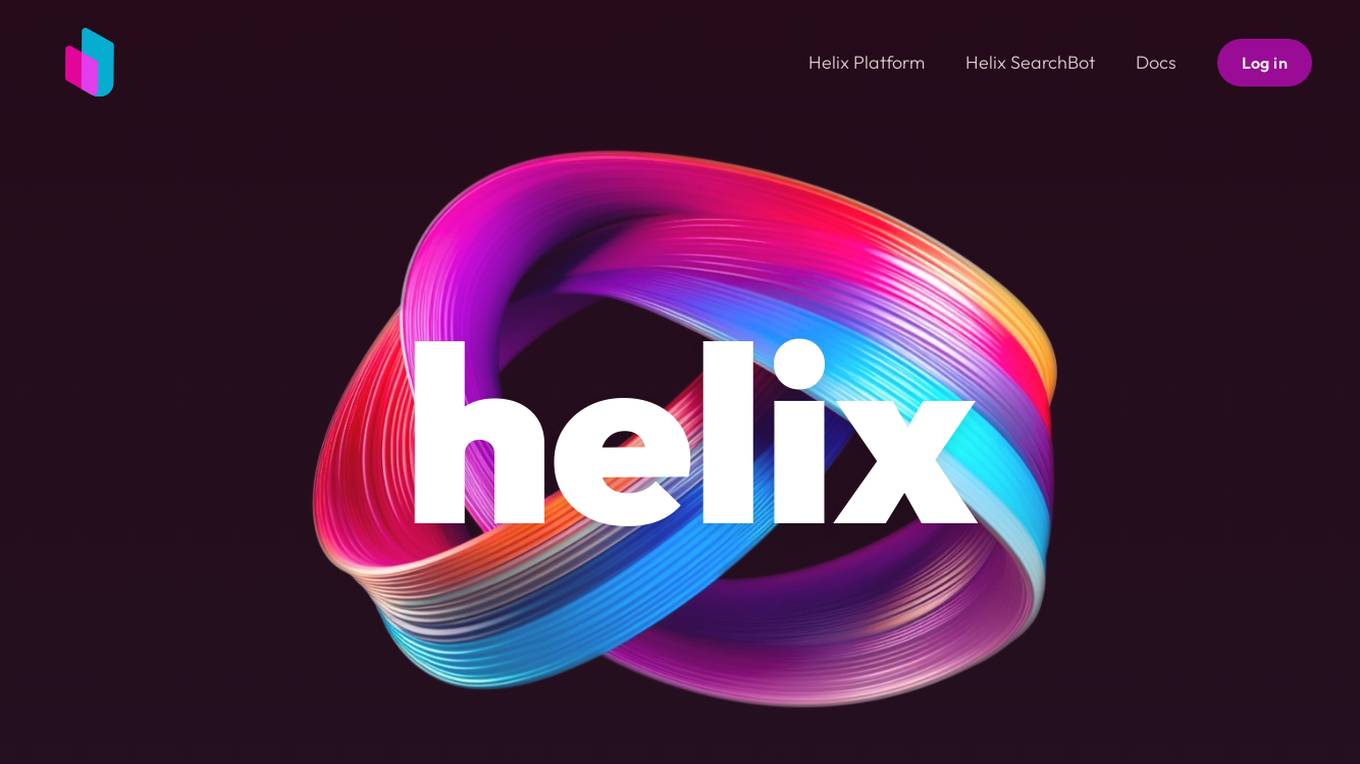
Helix AI
Helix AI is a private GenAI platform that enables users to build AI applications using open source models. The platform offers tools for RAG (Retrieval-Augmented Generation) and fine-tuning, allowing deployment on-premises or in a Virtual Private Cloud (VPC). Users can access curated models, utilize Helix API tools to connect internal and external APIs, embed Helix Assistants into websites/apps for chatbot functionality, write AI application logic in natural language, and benefit from the innovative RAG system for Q&A generation. Additionally, users can fine-tune models for domain-specific needs and deploy securely on Kubernetes or Docker in any cloud environment. Helix Cloud offers free and premium tiers with GPU priority, catering to individuals, students, educators, and companies of varying sizes.
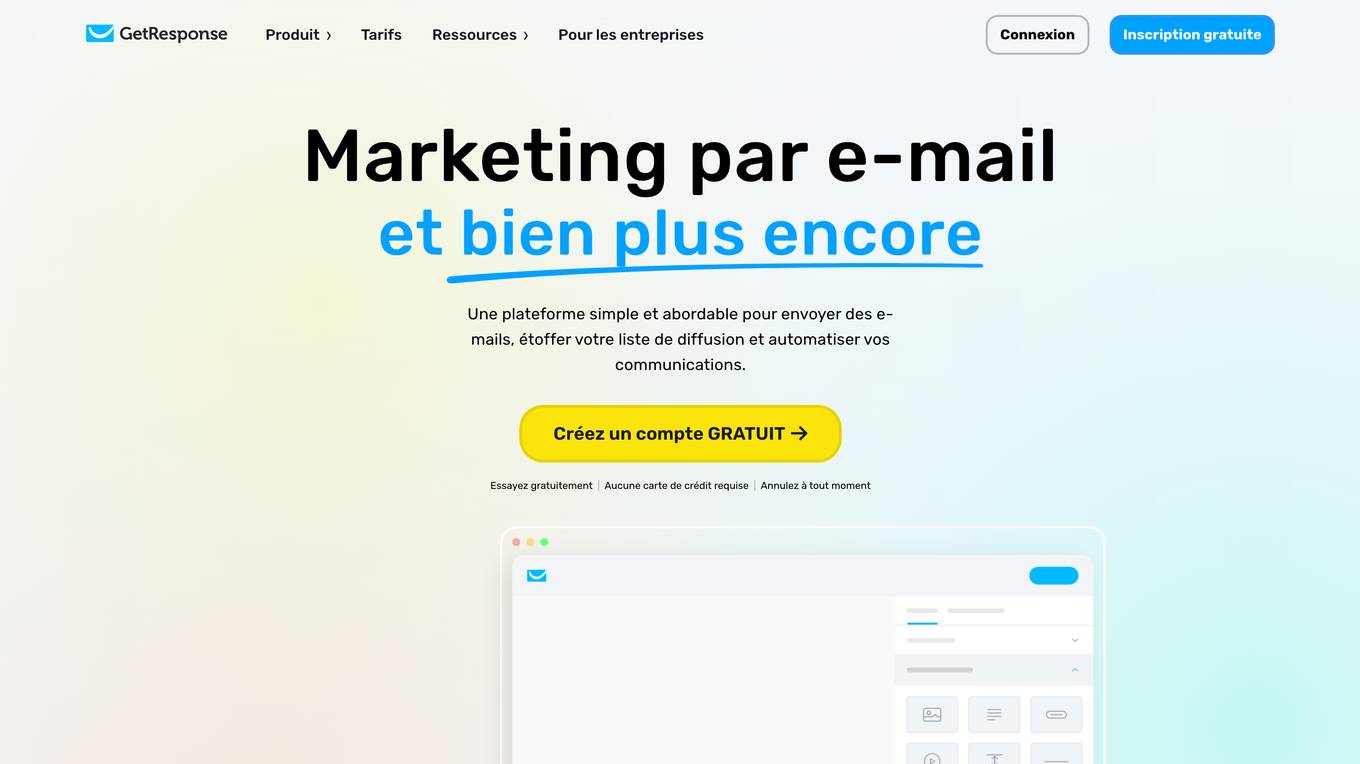
GetResponse
GetResponse is an email marketing and marketing automation platform that helps businesses of all sizes grow their audience, engage with customers, and drive sales. With a suite of powerful tools, including email marketing, landing pages, forms, and automation, GetResponse makes it easy to create and execute effective marketing campaigns. GetResponse also offers a range of integrations with other business tools, making it easy to connect your marketing efforts with your CRM, e-commerce platform, and more.
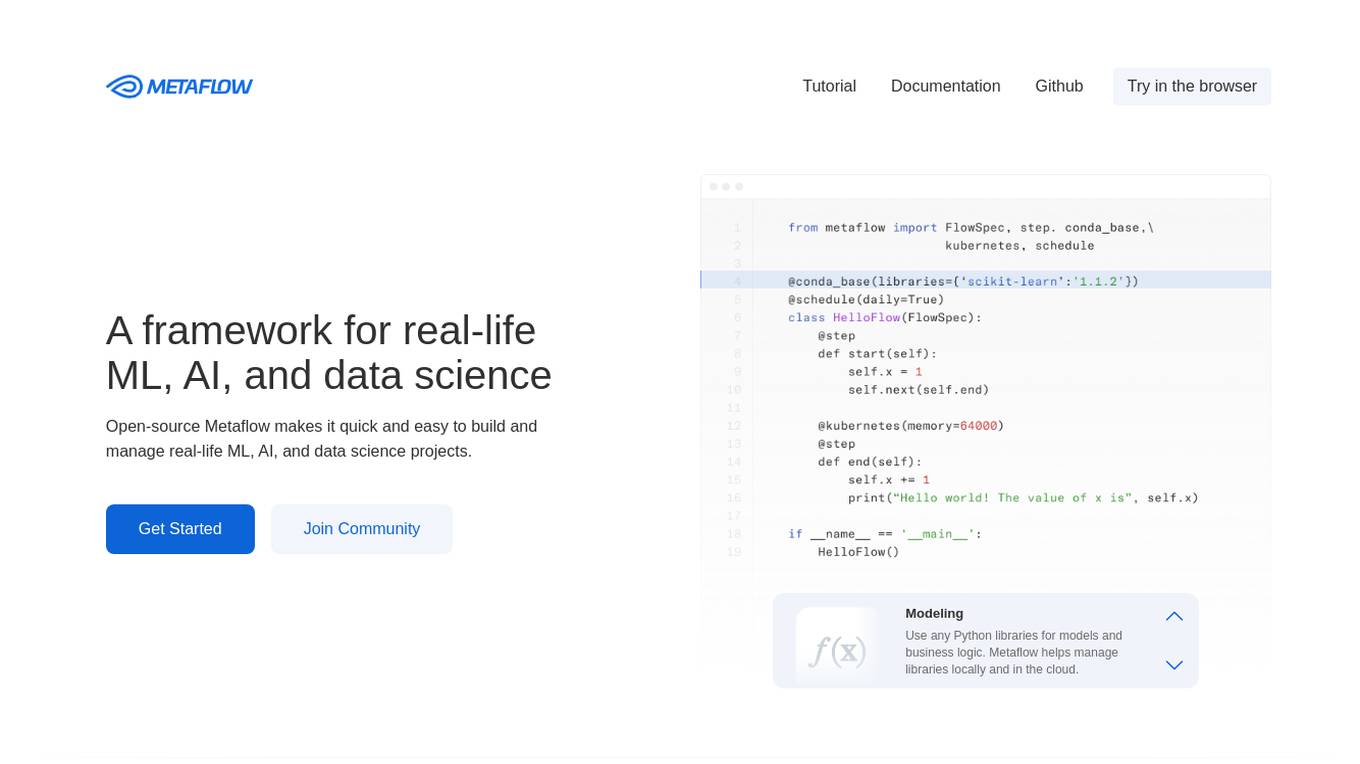
Metaflow
Metaflow is an open-source framework for building and managing real-life ML, AI, and data science projects. It makes it easy to use any Python libraries for models and business logic, deploy workflows to production with a single command, track and store variables inside the flow automatically for easy experiment tracking and debugging, and create robust workflows in plain Python. Metaflow is used by hundreds of companies, including Netflix, 23andMe, and Realtor.com.

Survia
Survia is an AI-powered survey platform that allows users to effortlessly build, share, and analyze surveys. With intuitive drag-and-drop interface and advanced conditional logic, Survia transforms survey creation into a seamless experience. Users can share surveys across platforms, analyze responses instantly, and export results with precision. Leveraging AI technology, Survia offers user targeting, widget customization, conditional questions, and workspace collaboration. The platform is GDPR compliant, ensuring data protection.
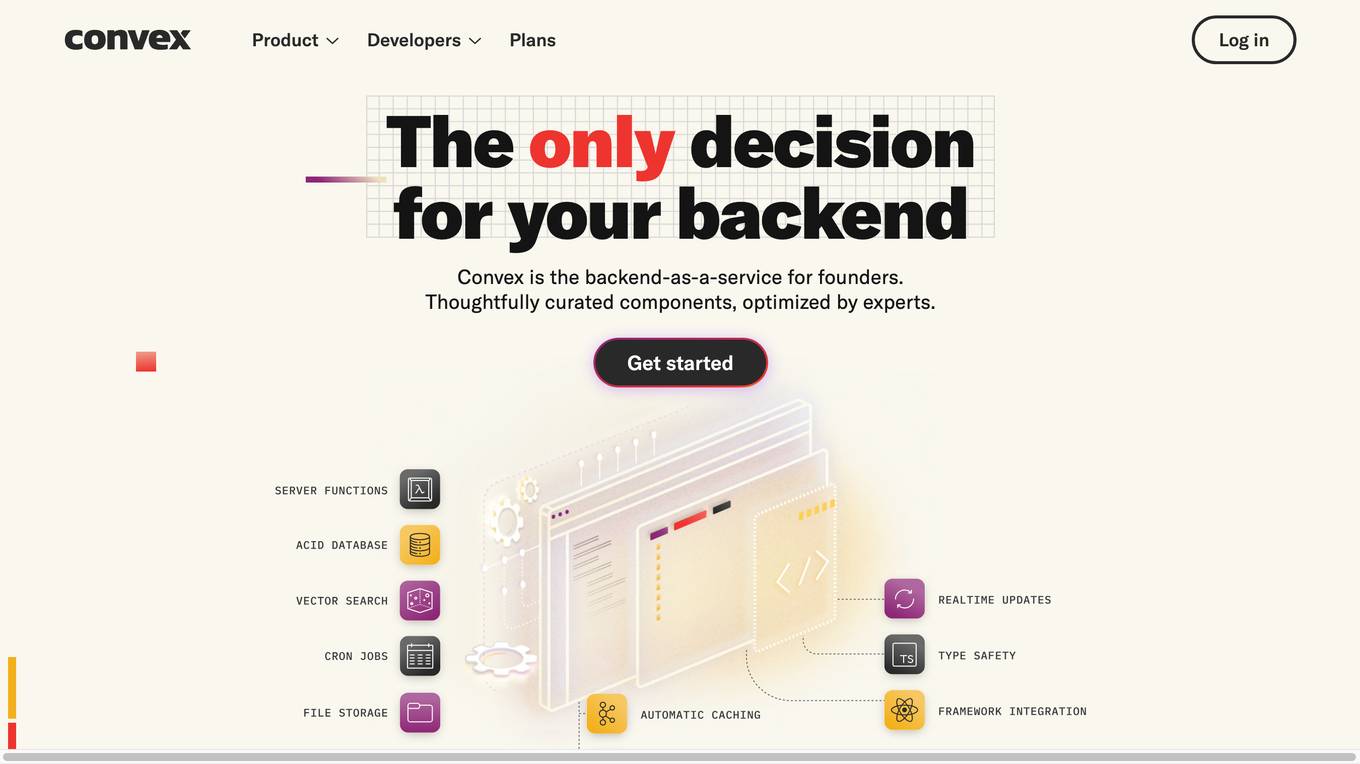
Convex
Convex is a fullstack TypeScript development platform that serves as an open-source backend for application builders. It offers a comprehensive set of APIs and tools to build, launch, and scale applications efficiently. With features like real-time collaboration, optimized transactions, and over 80 OAuth integrations, Convex simplifies backend operations and allows developers to focus on delivering value to customers. The platform enables developers to write backend logic in TypeScript, perform database operations with strong consistency, and integrate with various third-party services seamlessly. Convex is praised for its reliability, simplicity, and developer experience, making it a popular choice for modern software development projects.
0 - Open Source AI Tools
20 - OpenAI Gpts
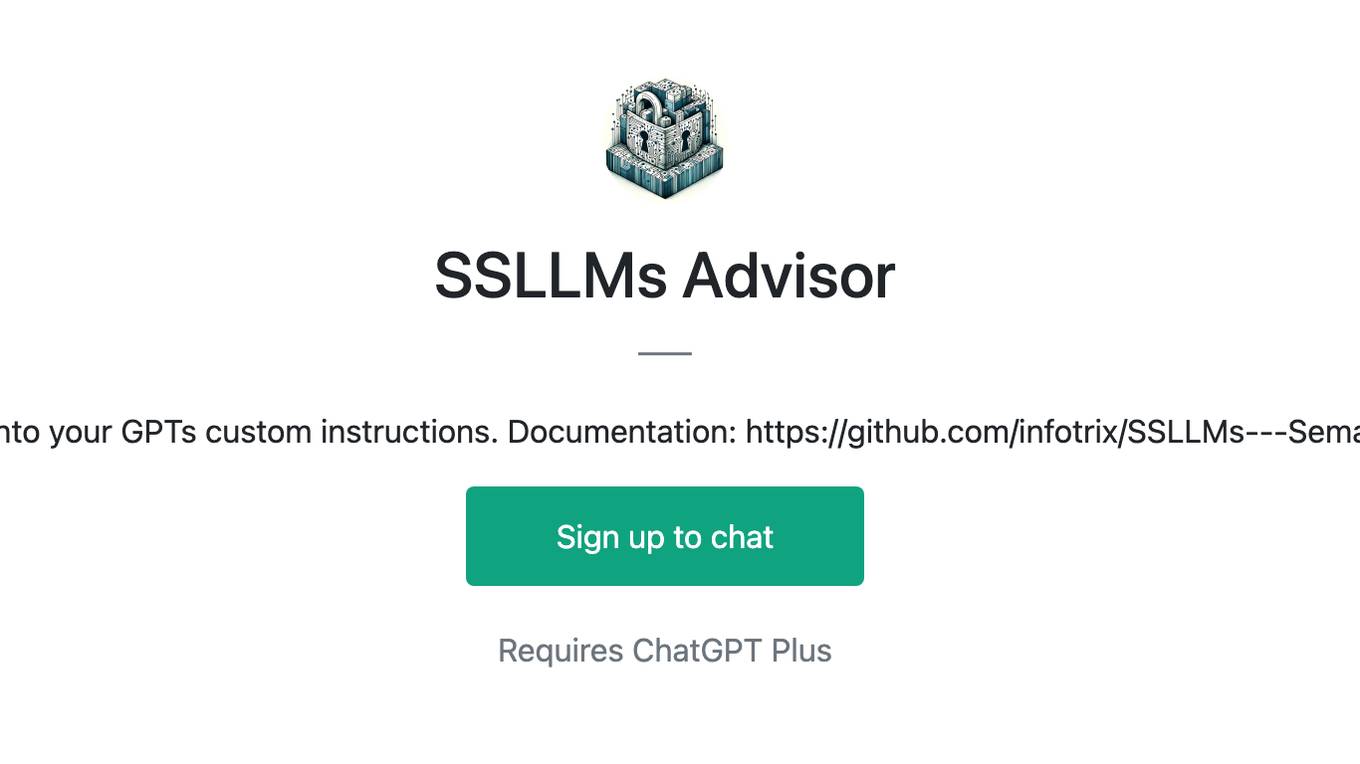
SSLLMs Advisor
Helps you build logic security into your GPTs custom instructions. Documentation: https://github.com/infotrix/SSLLMs---Semantic-Secuirty-for-LLM-GPTs

Sanga
Guiding you gently on your journey into Buddhism. Built on Memory-GPT, login required.
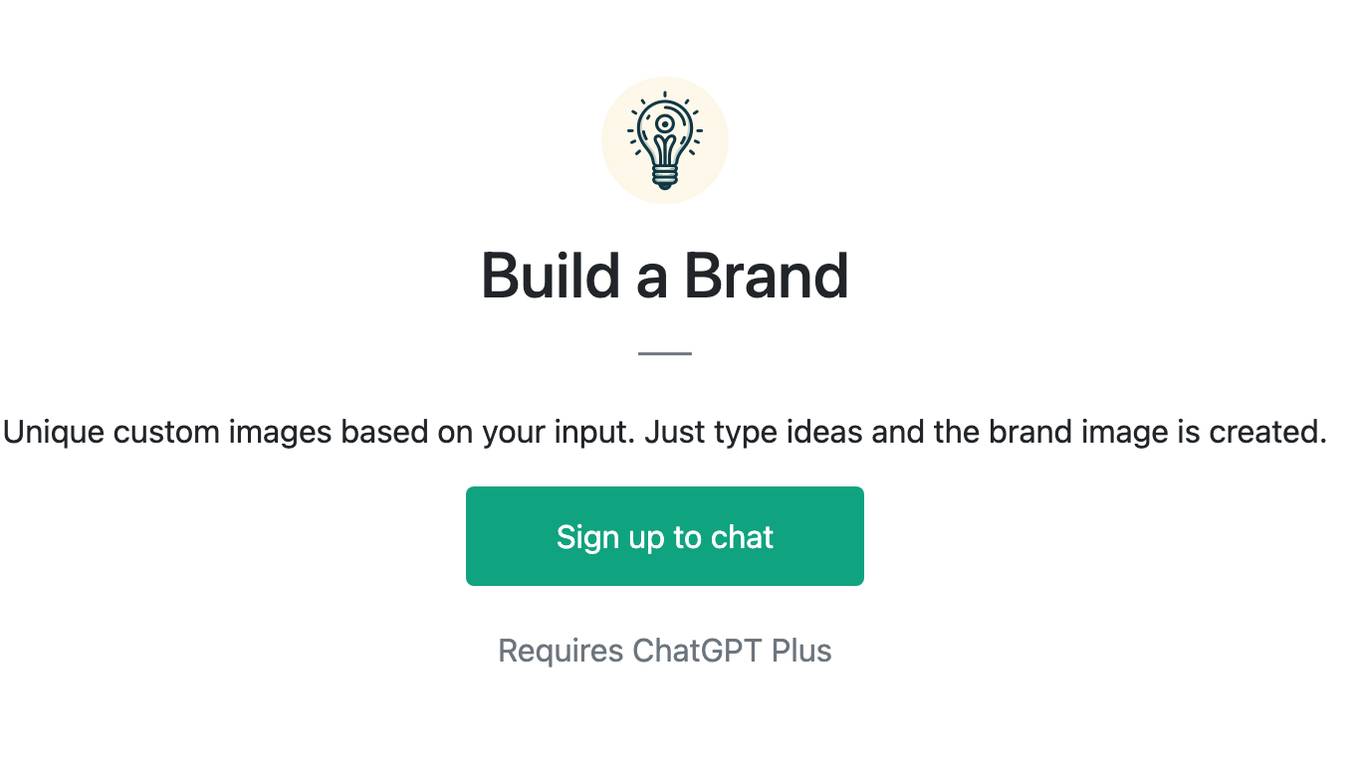
Build a Brand
Unique custom images based on your input. Just type ideas and the brand image is created.
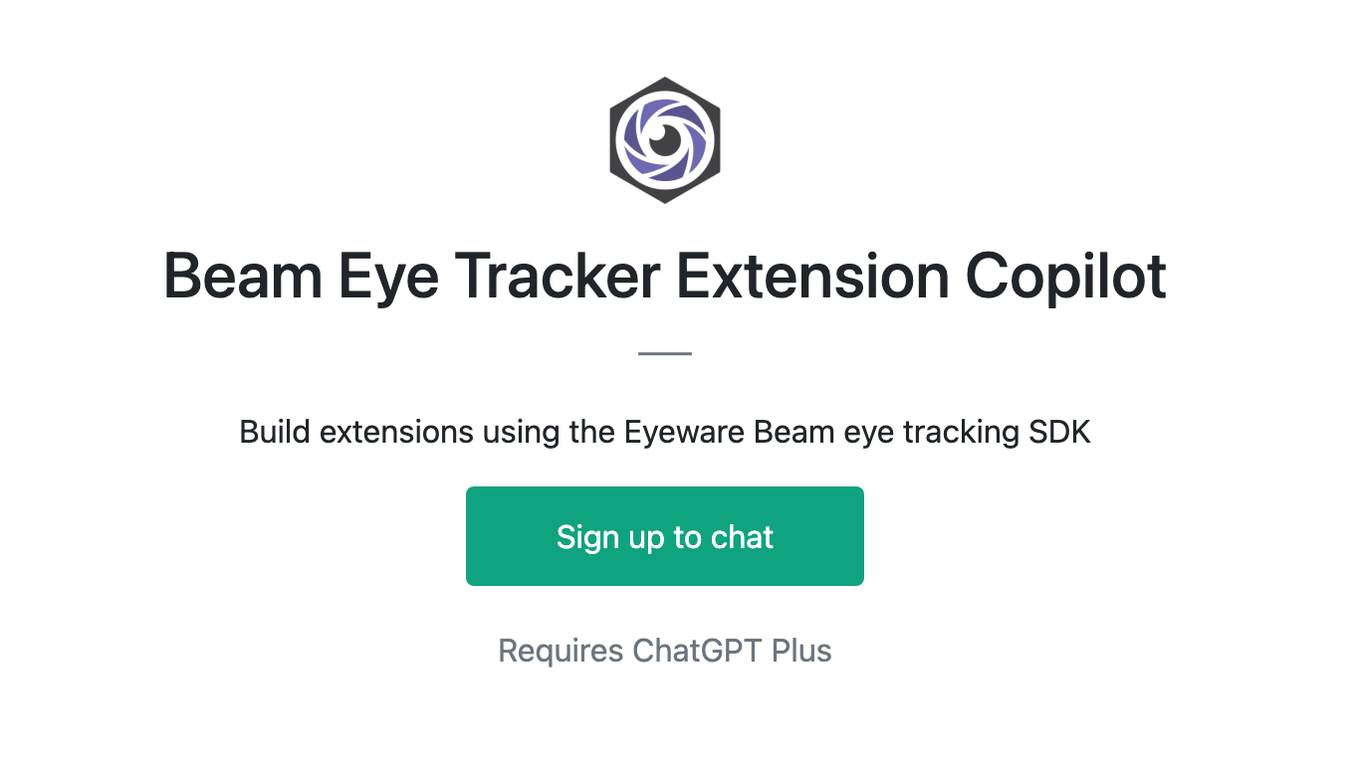
Beam Eye Tracker Extension Copilot
Build extensions using the Eyeware Beam eye tracking SDK

Business Model Canvas Strategist
Business Model Canvas Creator - Build and evaluate your business model

League Champion Builder GPT
Build your own League of Legends Style Champion with Abilities, Back Story and Splash Art
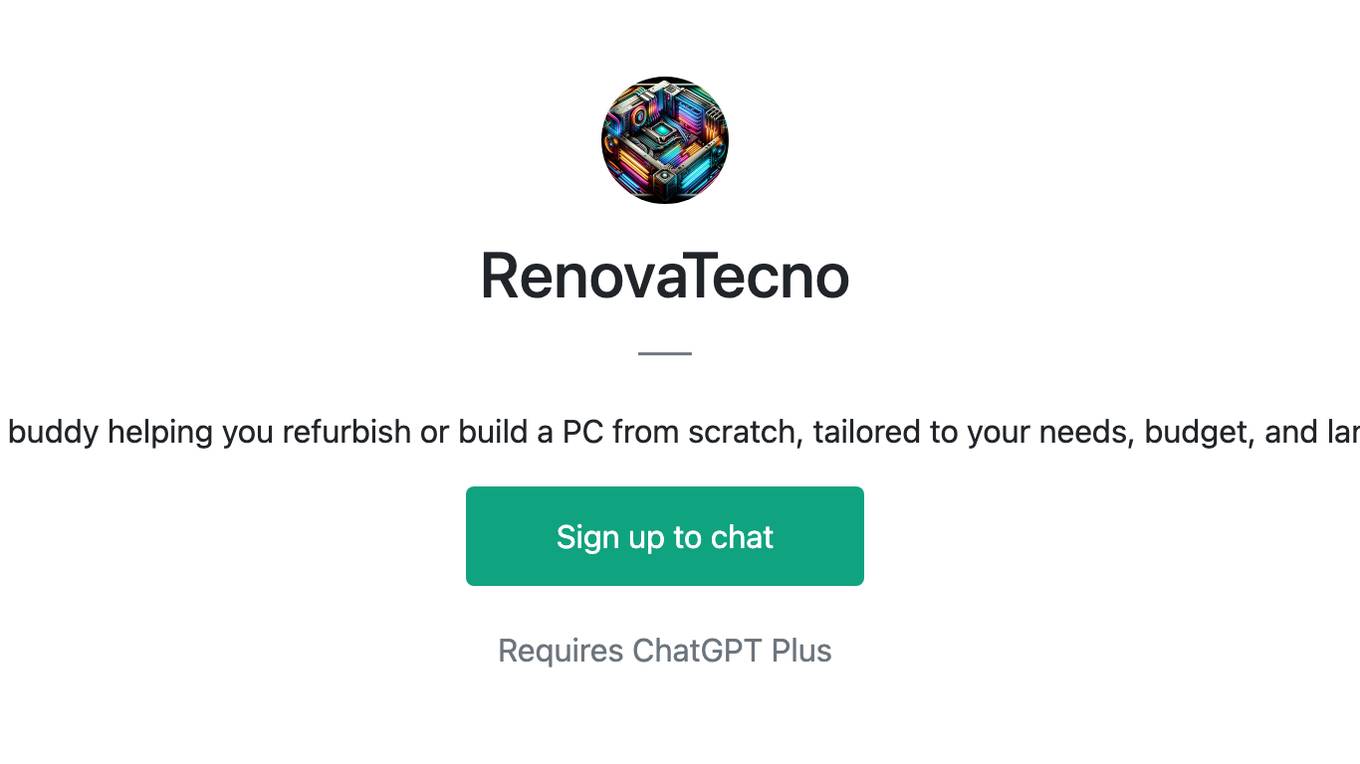
RenovaTecno
Your tech buddy helping you refurbish or build a PC from scratch, tailored to your needs, budget, and language.

Gradle Expert
Your expert in Gradle build configuration, offering clear, practical advice.



